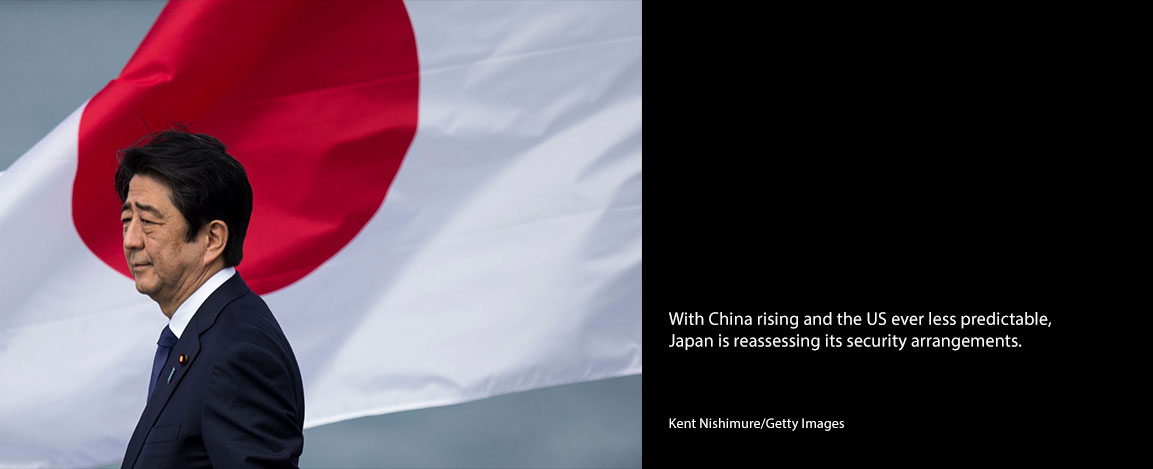Shinzo Abe left the stage at a critical moment for Japanese decision makers. Richard Samuels' latest opinion piece is available here in The Wall Street Journal and also available here for free to the MIT community.
Shinzō Abe was the most ambitious and successful agent of change in Japan’s foreign and security policy in a half-century. The former prime minister, who held office from 2006 to 2007 and then from 2012 to 2020, was assassinated on July 8. By the end of his tenure, there was a clear “Abe Doctrine” for a more proactive Japanese posture on national security, but one of his principal aims remained unmet: he was never able to revise Article 9, also known as the “peace clause,” of the constitution imposed on Japan by the US in 1947. The provision renounces war and the maintenance of “war potential” as the sovereign right of the nation.
Abe was able to achieve his aims by reinterpreting the constitution and by undoing many of the constraints the country imposed on itself during the Cold War to reassure its neighbors and voters. He managed to create Japan’s first functioning National Security Council and helped ensure that the country could have a proper Ministry of Defense. He made it possible for Japan’s military to field offensive weapons without tying itself in knots, to export arms and to come to the aid of the US military in a pinch—a capability that previous interpretations of the constitution ruled out.
At the same time, Abe worked to reduce Japan’s dependence on Washington, no doubt because he observed China’s rise and was concerned that the relative decline of the US might lead it to become an unreliable ally. So he shored up Japan’s strategic position by creating a quadrilateral security dialogue with Australia, India and the US and by forging bilateral strategic partnerships with Australia, the UK and the Philippines.
Finding the right distance between the world’s two largest military and economic behemoths has been the most important strategic choice facing Japan for more than a decade. This “Goldilocks challenge”—of “getting it just right” with the US and China—has kept Tokyo on its toes.
Richard J Samuels is the director of the Center for International Studies at the Massachusetts Institute of Technology and the author of “Special Duty: A History of the Japanese Intelligence Community,” published by Cornell University Press in 2019. The full opinion piece is available here in The Wall Street Journal and also available here for free to the MIT community.




